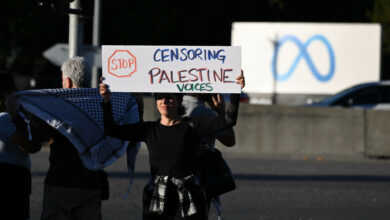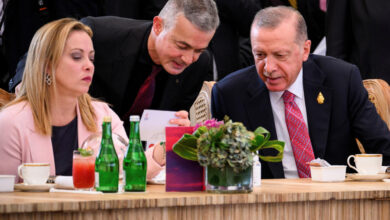On the 45th anniversary of the assassination of Karin Grech, assassinations continue to unsettle Malta
Karin Grech died in a letter bomb sent to her father.

Small as it is, Malta has been home for so hectic a political scene that things sometimes go wrong. Forty five years ago today, Karin Maria Grech, daughter of the then head of the department of obstetrics and gynaecology at St. Luke’s Hospital, Edwin Grech, was killed by a parcel bomb that was sent to her father.
The 15-year-old girl opened an envelope wrapped in Christmas parcel and the immediate result was an explosion witnessed by her 10-year-old brother. The time of the incident coincided with a doctors’ strike against the ruling Conservative Party that her Labour father refused to join.
This coincidence has fuelled allegations that the attack was politically motivated. Until now, the murder remains a mystery. No arrests have been made.
On his Facebook account, her cousin, Bernard Grech, who is now the leader of the opposition, called on the Maltese authorities to keep seeking justice for Karin.
The Green Party Chairperson Carmel Cacopardo blamed this murder on intolerance and related it to the assassinations of Raymond Caruana (1986) and Daphne Caruana Galizia (2017). Raymond Caruana, a Ntionalist Party activist was killed in an attack on the party’s club in Gudja, Malta. Until today, no arrests have been made.
Daphne Caruana Galizia was an investigative journalist who had received several death threats before her assassination in 2017. In her work, she probed into allegations about the corruption of Maltese political leaders and businessmen. During the investigations that followed her assassination, some government and business figures were mentioned by the arrested suspects. Many of these high-profile leaders remain free.
If political assignations are recurrent in Malta, there should be a reason. In a small country where even random people can be connected in some way, it is difficult for the Rule of Law to be applied strictly, due to the difficulty State and non-State actors face to act objectively, just in accordance with the law.
Another possible reason is the influx of illicit money to the island. In 2015, Malta was greylisted by the Financial Action Task Force due to what was deemed as insufficient protection against dirty money. The flow of the latter in one country is paralleled by a flow of illicit transactions that web into secret political and business networks.




